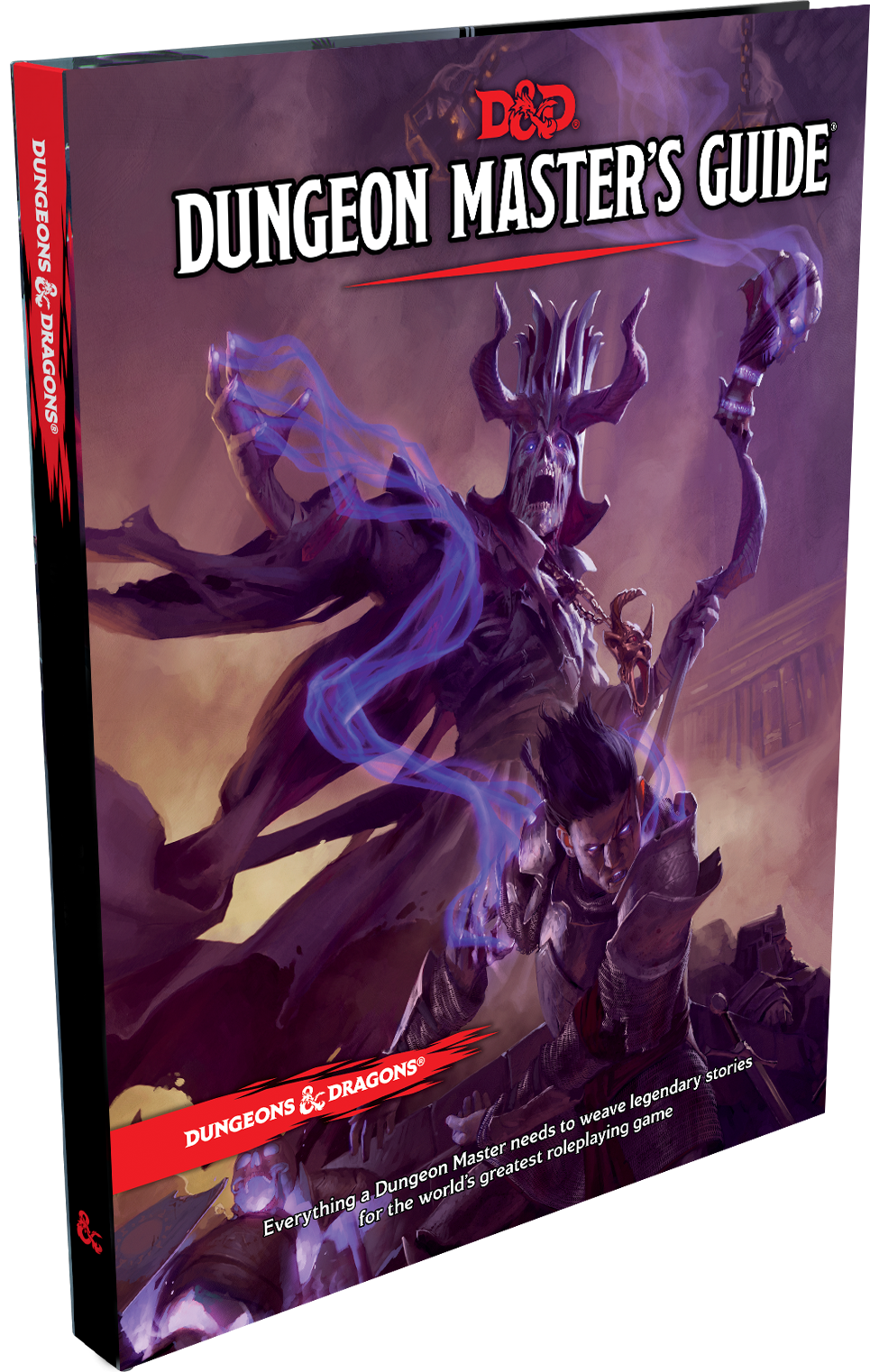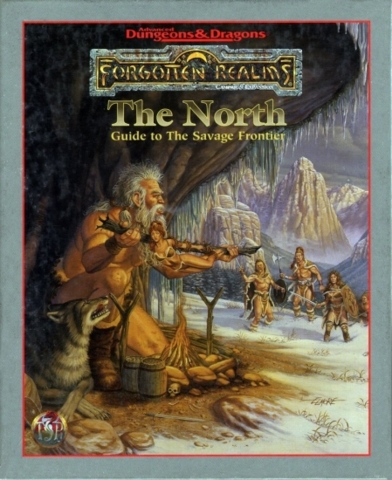
The table below was originally a product of my article on Writing Homebrew Character Options, but the data is very helpful for choosing a cleric subclass so I’ve included it here for reference. There is a brief period from levels 14 through 16 where Divine Strike puts weapons attacks ahead unmodified cantrips, but it’s by 3 or 4 damage with a one-handed weapon which is still a smaller gap than what Potent Spellcasting provides. Other clerics get Potent Spellcasting, which puts them 5 damage ahead of unmodified cantrips, and therefore 5 damage head of whatever a cleric with Divine Strike could do with a weapon. However, being roughly comparable to un modified cantrips is hardly an incentive to use weapons. Levels 5 through 7 are notably painful for clerics that prefer to use weapons, but after that point Divine Strike makes weapon damage roughly comparable to unmodified cantrips for clerics expected to use weapons in combat. At 5th level and beyond, your domain will determine which options are effective. Until level 5 when cantrip damage increases and martial characters typically get Extra Attack, you can be effective with either regarless of your Divine Domain. Weapon attacks and cantrips are both viable options for the clerics offensively. Portions of the materials used are property of Wizards of the Coast. RPGBOT is unofficial Fan Content permitted under the Fan Content Policy. Keep in mind that the state of the meta periodically changes as new source materials are released and this article will be updating accordingly as time allows. The advice offered below is based on the current State of the Character Optimization Meta as of when the article was last updated. I also won’t cover Unearthed Arcana content because it’s not finalized, and I can’t guarantee that it will be available to you in your games. I will not include 3rd-party content, including content from DMs Guild, even if it is my own, because I can’t assume that your game will allow 3rd-party content or homebrew.

RPGBOT uses the color coding scheme which has become common among Pathfinder build handbooks, which is simple to understand and easy to read at a glance.

Depending on your Divine Domain, you might serve as a front-line martial warrior similar to the Paladin and the Fighter, you might be a durable support caster and healer, or you might largely ignore friendlier spellcasting in favor of incinerating your foes with divine magic. Your domain determines not only your character’s central them as a divine spellcaster, but also your role on the battlefield. Perhaps he's doing this to convince people he has supernatural powers, and says that the deaths will continue until he gets what he wants.Your choice of domain is the single most important decision that you will make when playing a cleric. Or, a faceless enemy may be causing 1 noble to drop dead each day at the stroke of midnight. a rogue might try to kill an irksome prince by slipping poison into his drink during a party. Ingested, Inhaled and Contact poisons can also be used by the DM or players for more surreptitious killings.

It's a useful tool for the DM, who (within reason) doesn't have to worry about expenses, when the mook coated his weapon etc. Many poisons don't induce pleasant deaths, and morally ambiguous characters may use them to threaten mooks with painful, prolonged deaths if they fail to cooperate. In this case, the poison is very much a bonus. So, it's nice if they can make some poison out of its liver or such. Whilst poisons are expensive to buy, players who kill a monster might want to use the body for something. That said, I don't think poison is an entirely worthless mechanic:

Do you stay out of the fight, or kiss goodbye to the 2000gp worth of poison you were saving for the boss? Imagine if you thought you'd reached the BBEG's inner sanctum and coated your weapon with Purple Worm Poison, only to be faced with an elite mook instead. And, whilst you might concievably save it for bosses, you'd have to be really sure that there's about to be a boss fight. I think a big problem is that you have to either coat your weapon in advance or else waste an action to do it in the first round of combat (in which case, you could probably do the same or better damage by just attacking instead). On a more serious note, I think you're largely correct. Well, one thing worth mentioning is that you're rarely going to be saving up for magic items in 5th, so you might not have much else to spend money on.


 0 kommentar(er)
0 kommentar(er)
